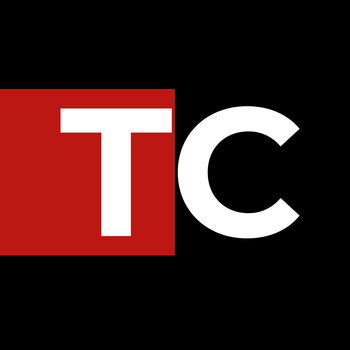
Interview: Dominic Cull on the Films and Publications Amendment Bill
Loading player...
In this episode, TechCentral editor Duncan McLeod is joined by Regardt van der Berg for an interview with Dominic Cull on the contentious Films and Publications Amendment Bill, which may soon be signed into law by President Cyril Ramaphosa.
Cull, who is a legal and regulatory expert with Ellipsis and regulatory advisor to the Internet Service Providers' Association, has been intimately involved in lobbying to have the bill extensively redrafted. However, it still contains serious flaws, Cull says, which could have a serious impact on content creators and ISPs in South Africa.
In the podcast, Cull explains the origins of the impending legislation and why the original Films and Publications Act had to be updated for the Internet age. While the amendment bill has some good aspects to it, he warns that the final version now awaiting the president's signature is badly drafted, is likely to face constitutional challenge if enacted and could prove harmful in several key respects.
One of the biggest drawbacks of the bill is that it fails to draw a clear line between commercial and non-commercial providers of content. It also places onerous conditions on ISPs and demands high fees from content distributors, which Cull says will hurt smaller players.
What are the biggest problems with the impending legislation? Is it simply a revenue-raising exercise for the Film and Publication Board (FPB)? How does it affect people posting content to the Web, including YouTube, which hasn't been classified by the FPB? Does the bill constitute legislative overreach? And will it ultimately have a chilling effect on free speech?
Cull answers these questions and more in the podcast. Don't miss this important discussion about a critical piece of legislation and what happens next.
Cull, who is a legal and regulatory expert with Ellipsis and regulatory advisor to the Internet Service Providers' Association, has been intimately involved in lobbying to have the bill extensively redrafted. However, it still contains serious flaws, Cull says, which could have a serious impact on content creators and ISPs in South Africa.
In the podcast, Cull explains the origins of the impending legislation and why the original Films and Publications Act had to be updated for the Internet age. While the amendment bill has some good aspects to it, he warns that the final version now awaiting the president's signature is badly drafted, is likely to face constitutional challenge if enacted and could prove harmful in several key respects.
One of the biggest drawbacks of the bill is that it fails to draw a clear line between commercial and non-commercial providers of content. It also places onerous conditions on ISPs and demands high fees from content distributors, which Cull says will hurt smaller players.
What are the biggest problems with the impending legislation? Is it simply a revenue-raising exercise for the Film and Publication Board (FPB)? How does it affect people posting content to the Web, including YouTube, which hasn't been classified by the FPB? Does the bill constitute legislative overreach? And will it ultimately have a chilling effect on free speech?
Cull answers these questions and more in the podcast. Don't miss this important discussion about a critical piece of legislation and what happens next.





